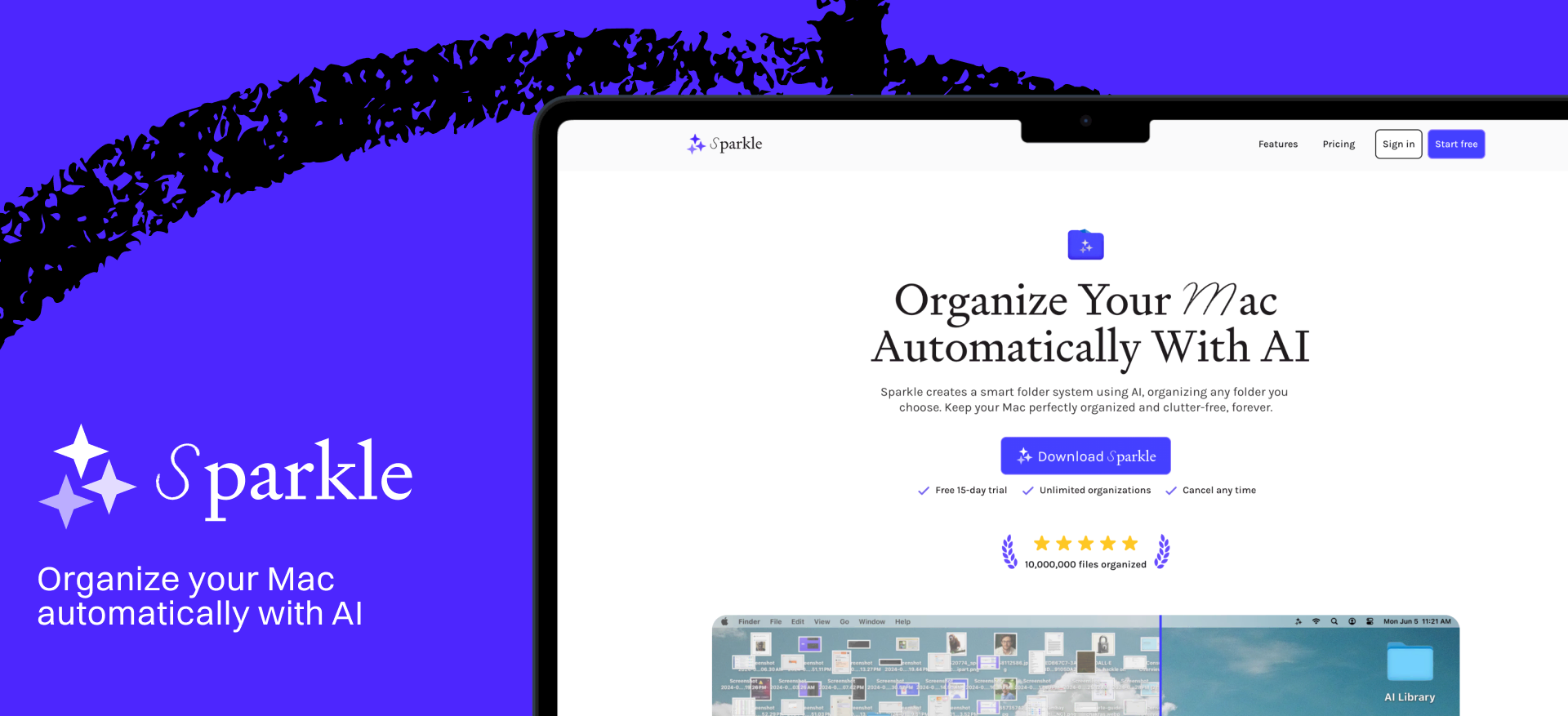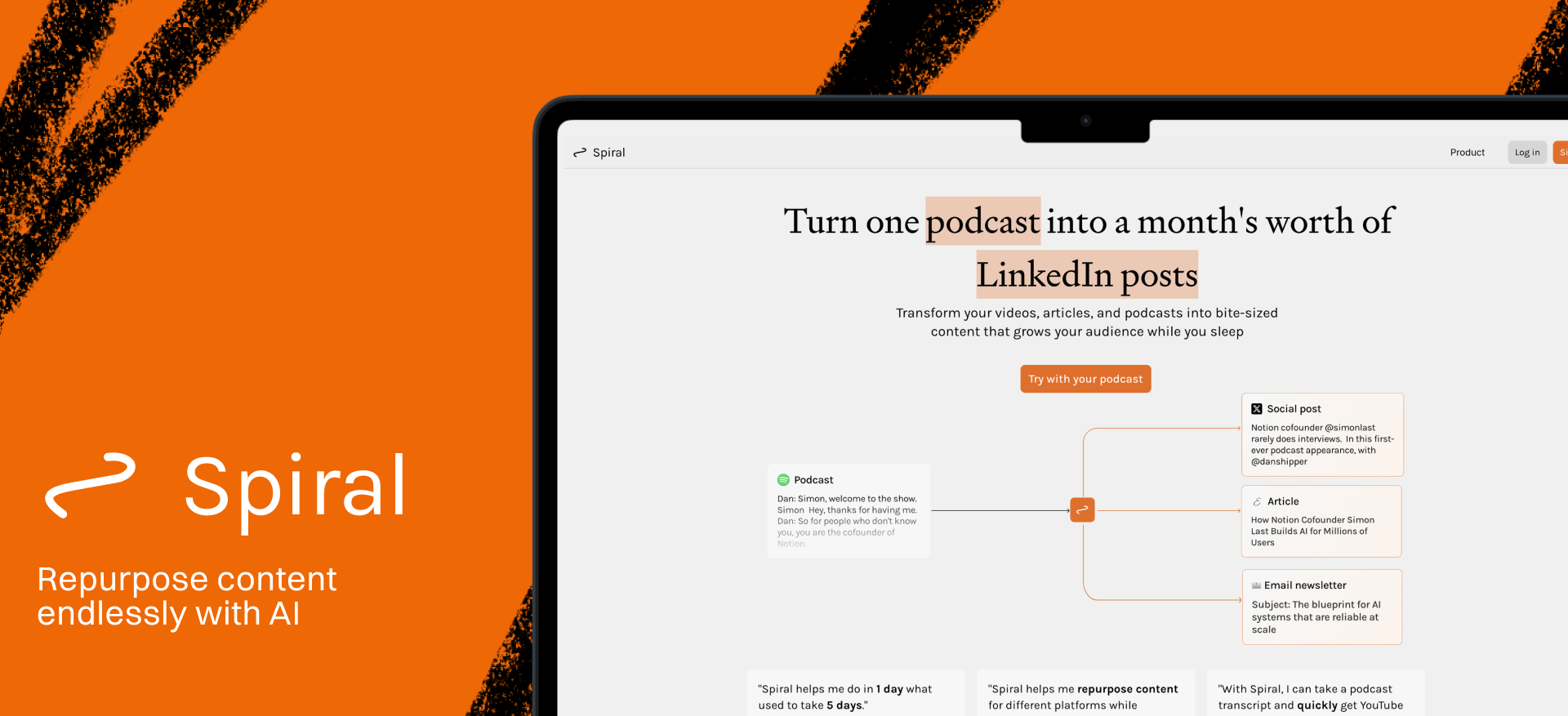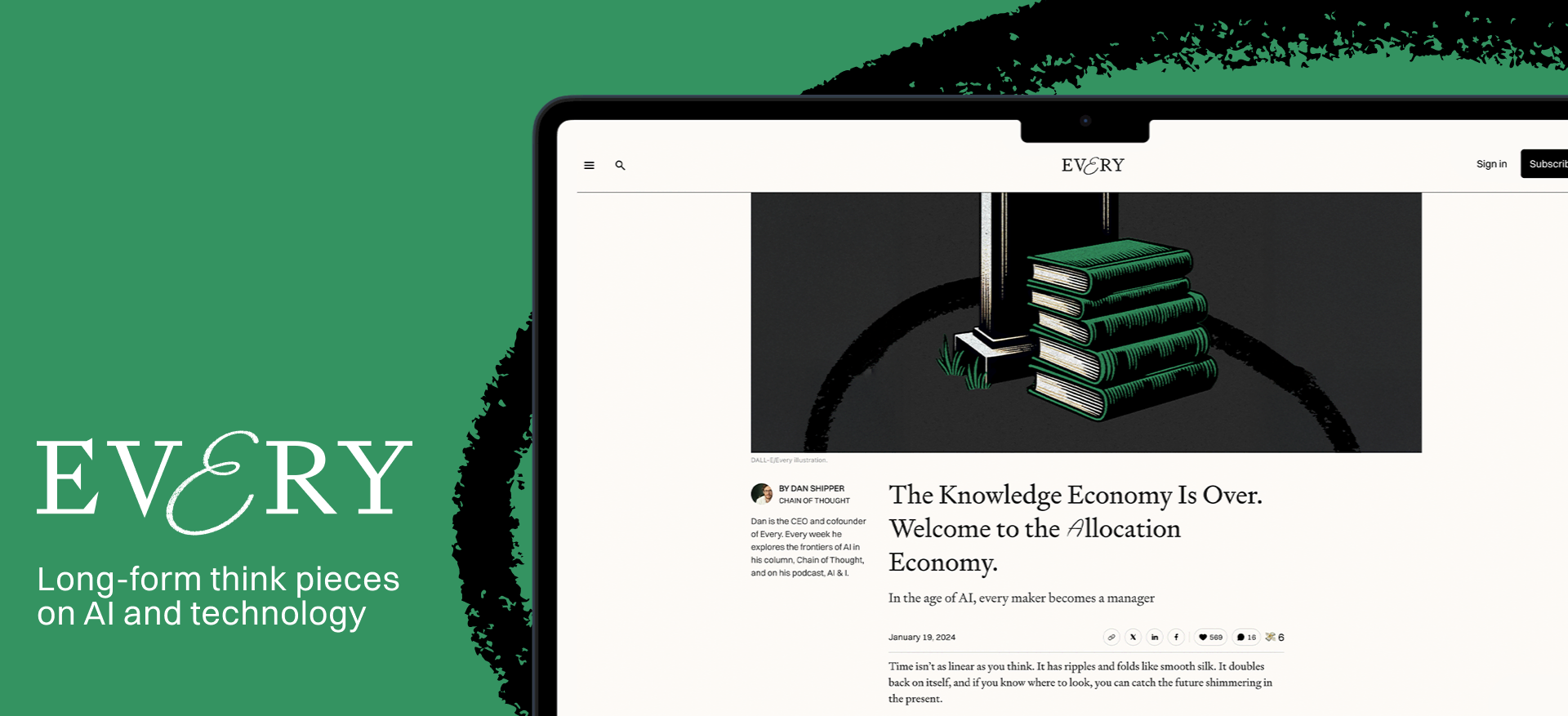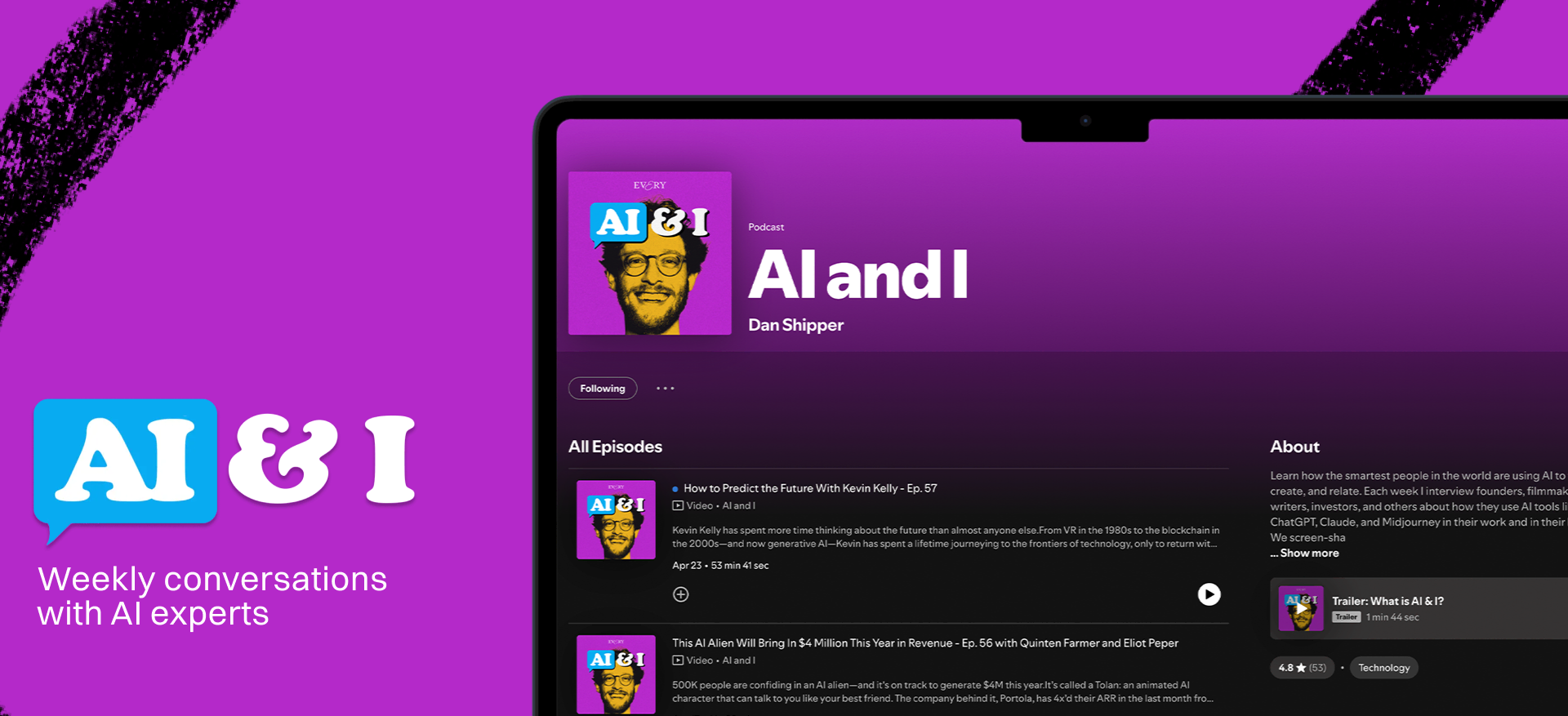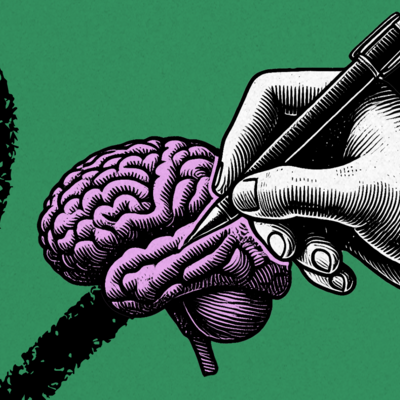
This week I flew out to Seattle to attend Microsoft's developer conference, Build. Read my full report and Evan Armstrong's analysis.
Kevin Scott is not your average CTO. He says things like “chill” and “shit,” and he wears button-down shirts with funky patterns. Oh yeah, and he builds supercomputers. In his spare time, he likes to do woodworking.
Scott was the first person at Microsoft to recognize the importance of AI and instigated its OpenAI partnership, which has become the single most important strategic move at Microsoft since the dot-com era.
He's hopeful that in the next two to three years, a model will exist that can "synthesize a Kevin Scott, and virtual Kevin can go be CTO of Microsoft," he said. "All of us have these things in our jobs that we're doing where we're like, man, I could accomplish so much more if I just didn't have to do this annoying thing."
In the meantime, here are a few more tidbits from my conversation with him.
What you should work on in the AI era
Scott believes that you should find things to build that used to be impossible that are now merely hard. He contrasts this with things that used to be hard and are now easy, which he thinks will not end up being durable businesses.
In a comparison to the mobile era, fart apps (easy to build) are no longer around, but Uber (hard to build) is. He thinks the same thing will be true in the AI era.
Find what used to be impossible, and build it.
How to figure out what’s merely hard—and not impossible
The trickiest question in technology is how to figure out if something’s hard but doable, instead of impossible. Scott suggested finding things “right at the ragged edge” by playing with new models as soon as they are released, trying to figure out what their new capabilities are.
He talked about Github Copilot—Microsoft’s programming assistant—as an example. When it was first prototyped, its suggestions were only accepted about 30 percent of the time. Many people internally believed that was far too low and wrote off the project. In his view, though, that 30 percent was already surprisingly good.
“If you can see any glimmer of hope, whatsoever,” he said, “those are the places to look. Not all of those will lead to success, but big ideas will start there.”
Will developer jobs disappear?
Scott suggested that there is so much software to be written, even if the cost to develop goes down significantly, there’s still going to be a lot of demand for developers. As costs go down and speed goes up, companies will get more ambitious.
He also thinks that the skill set for developers will change to include working with language models deeply. But that’s nothing new. The languages and tools that we use today are significantly different from the ones he used at the start of his career.
The language model revolution won’t be any different.
How will business change in the AI age?
Scott warned that AI isn’t a cure-all: It doesn’t necessarily change anything fundamental about how business works. Instead, AI makes it possible to do more things, but “you still have to understand what you’re doing and why,” he said. “You still need to understand your customers and serve them better than anyone else.”
In short, everything is going to change—but in important ways, it will stay the same.
Dan Shipper is the cofounder and CEO of Every, where he writes the Chain of Thought column and hosts the podcast How Do You Use ChatGPT? You can follow him on X at @danshipper and on LinkedIn, and Every on X at @every and on LinkedIn.
